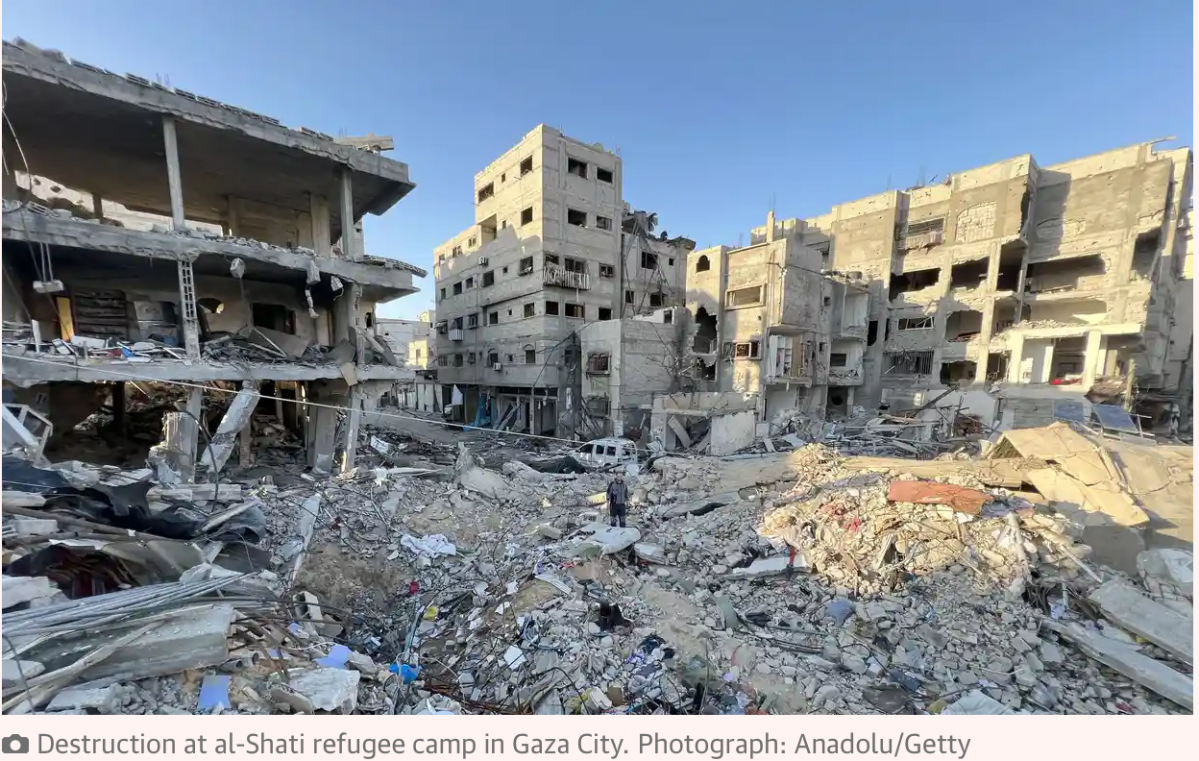By Saleh Hijazi
I graduated from the University of Essex Human Rights Center in 2007. I went on to work as a human rights researcher documenting and reporting on violations in Palestine for over 13 years. The work was always risky not least because of the brutality of Israel’s system of apartheid which regularly targets journalists and human rights defenders. Maneuvering the dangers on the ground was challenging, but the most difficult part was the question I received from almost every victim and witness I interviewed over the years about the meaning of my job; about whether documenting and reporting the human rights violations people in Palestine face daily will make any difference, if rights do not extend to Palestinians.
I always struggled to answer. On many occasions I nodded at these questions indicating agreement my work was a waste of time. Other times I tried to make a case for human rights. But no matter how sophisticated the answer, I knew it was only jargon to a mother whose child was killed, a father whose family home was demolished, or a farmer who lost his land to illegal settlements. Making the case for human rights was made ever more difficult by Israel’s 2014 war on Gaza, known for, among other calamities, the policy of wiping out entire families in their homes. It was the third such military attack on Gaza in the context of (at that time) a 7 years of a punitive siege, 47 years of an illegal military occupation. Israel denied me and other human rights defenders access to Gaza and so I had to rely on colleagues there working under bombardment to collect information. It was one of the darkest times in my life.
But soon after the war ended, and while I was still reporting on it, there was a glimpse of hope when Palestine joined the International Criminal Court (ICC) affording it jurisdiction over the occupied territories. I started receiving questions about the ICC from people I interviewed: if they can file lawsuits, or will they see Israeli war criminals arrested, if there may be some justice for lost loved ones, if homes can now be rebuilt.
Since then, a seemingly paradoxical pattern emerged whereby unprecedented exposure of Israeli authorities’ violations was met with further systematic violations of Palestinian human rights. In 2018, Israeli forces killed hundreds of Palestinians taking part in the Great March of Return demonstrations in Gaza. An independent commission set by the Human Rights Council found no justification for Israel’s killing and demanded accountability. That year Israel’s parliament adopted a law which enshrines Jewish supremacy over Palestinians across the land. In 2019, the Office of the Prosecutor at the ICC announced the opening of an investigation into the situation in Palestine. In 2020, following persistent advocacy by Palestinians, the HRC published its database of companies complicit in Israel’s illegal settlements. That year Israel announced that it will illegally annex further Palestinian territory in the occupied West Bank. In 2021 the HRC set a new mechanism to investigate and report on violations with an unprecedented comprehensive and ongoing mandate. The year after was the deadliest for over two decades. Around that time, organizations including Amnesty International, Human Rights Watch, and Israeli human rights groups including B’Tselem, published major reports on Israel’s regime of apartheid which systematically denies Palestinians their basic rights including through forcible displacement, unlawful killings, arbitrary detention and torture, and repression. The clearer the image of human rights in Palestine, the further Israeli governments have continued this regime.
But what seems like a paradox is better explained as the outcome of hypocrisy and double standards. While the global human rights system was continuously exposing and addressing Israel’s systematic violations, states, institutions, and corporations maintained their complicity in crimes. Ending such complicity is not only an ethical imperative but also the most strategic form of human rights action. And so in 2022 I left my work with human rights organizations and joined the Boycott, Divestment, and Sanctions movement to confront and end complicity in Israel’s violations of international law.
Today, after 76 years of what we Palestinians refer to as the on-going Nakba, Israeli forces are conducting the first live-streamed genocide against 2.3 million Palestinian in Gaza. Armed and supported by the US, UK, Germany and other Western powers, Israeli forces have so far killed over 32 thousand Palestinians, mostly women and children, injured almost 80 thousand, forcibly displaced over a million, and pushed the entire populations into disease and famine. This despite global calls for a ceasefire and an International Court of Justice ruling of provisional measures in the case brought by South Africa against Israel under the Genocide Convention.
Today, Israel is decimating an entire population of Palestinians and with it the system of international law. Recognizing such a threat, UN Secretary General Antonio Guetteres, warned that “our world is entering an age of chaos … a dangerous and unpredictable free-for-all with total impunity”. Joseph Borrel, European Union High Representative, declared that Gaza is “a graveyard for tens of thousands of people, and also a graveyard for many of the most important principles of humanitarian law”. Such determinations, and their underlying causes of Western double standards, are widely shared by the global south.
South African jurist John Dugard once described Palestine as the litmus test for the system of human rights. Today, Gaza displays the failure of this system. Today, there is no case for to be made for human rights unless the genocide stops. Once that happens a case may be made, but only through the punishment of crimes, remedy for the harm, and the effective addressing of the practices of the Israel’s regime. Otherwise, we usher in a “might makes right” era where no case can be made at all.

